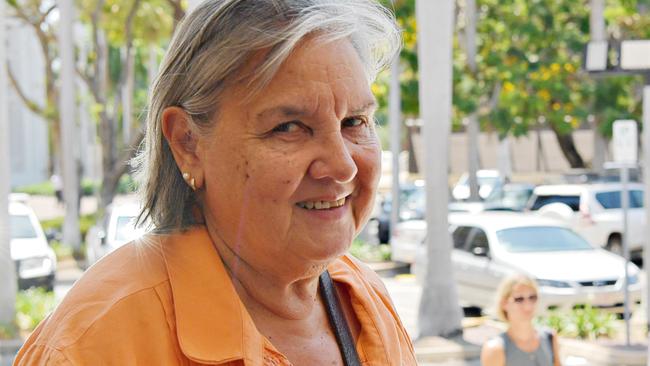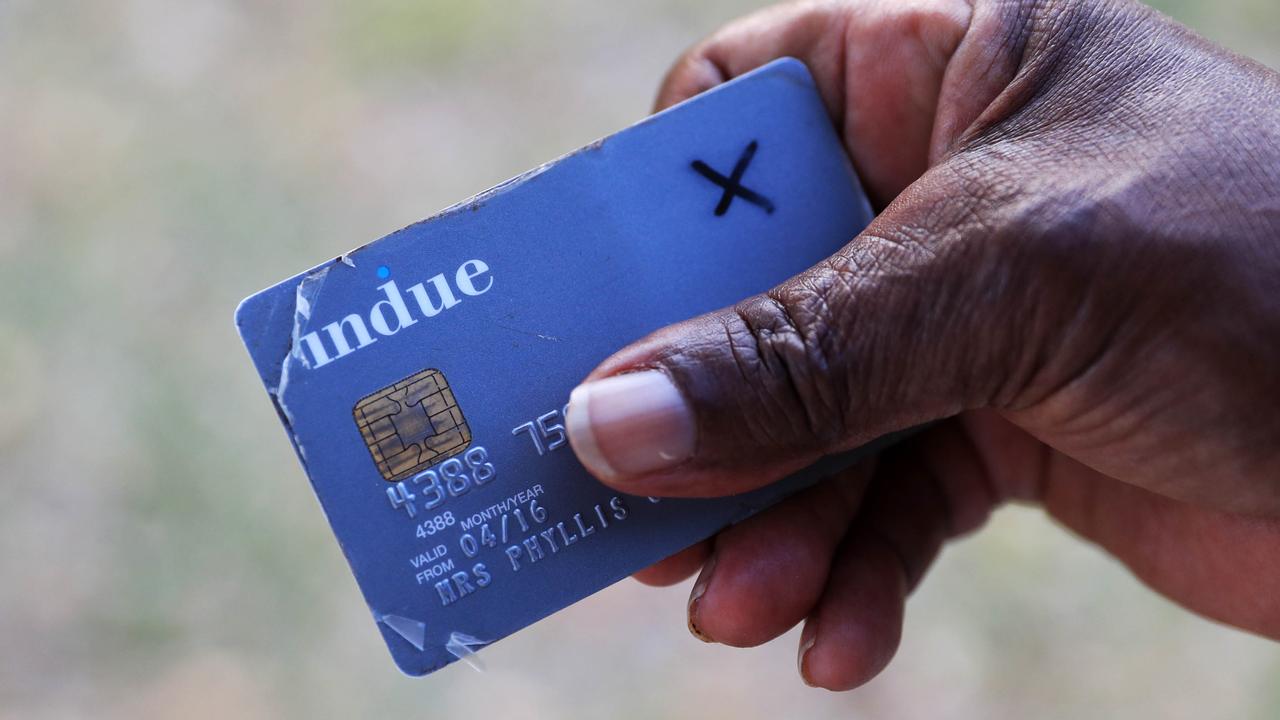Indigenous leaders play hardball on recognition
Aboriginal leaders have warned they will campaign against a ‘minimalist’ constitutional recognition referendum.

Aboriginal leaders have warned they will campaign against a constitutional recognition referendum if all that is on offer is a so-called minimalist “politicians’ model”, which avoids a treaty and indigenous representation in parliament.
Meeting in Melbourne as part of a national series of community discussions, about 100 Aboriginal leaders and community members agreed there was a view in Canberra that the minimalist model — deleting a reference to race, adjusting another section on race and adding a statement of recognition — was a “done deal”.
They said recent statements by indigenous Liberal minister Ken Wyatt that they should temper expectations of what a referendum would produce, and by West Australian Liberal senator Dean Smith that treaties needed to be “off the table” for constitutional recognition to occur, had caused great concern.
The boilover came at the seventh of 12 meetings to be held nationwide, in a process climaxing with a constitutional convention at Uluru in May marking the 50th anniversary of the successful 1967 referendum on Aboriginal and Torres Strait Islander people’s rights.
Participants were in agreement that they were prepared to support a “no” case against the referendum, and politicians should not assume they would eventually capitulate and accept minimalism.
However, they insisted they were not talking about shooting down a successful outcome, merely an unsatisfactory one, and said their views were not radical and were broadly representative of indigenous Australia.
Lengthy discussion was had around the fact the delegates, who included traditional owners, elders, chief executives of community organisations, and other “mainstream” indigenous representatives, were ambitious about a positive result but would not be accepting, as one put it, “beads and trinkets”.
“People are being clear-eyed here, we don’t want to forgo history by just taking whatever is on offer, we’re part of a struggle that goes back to the 19th century,” Referendum Council co-chair Pat Anderson told The Australian. “We owe it to past leaders like Sir Doug Nichols, William Cooper and so many others, to not accept reform that is no improvement on 1967 and just a bit of editing.
“We want constitutional reform but why go to all the expense of having a referendum just to put poetry in?’’
A July 2015 gathering of 40 indigenous leaders at Kirribilli House with Tony Abbott and Bill Shorten resolved that “a minimalist approach … does not go far enough and would not be acceptable to Aboriginal and Torres Strait Islander peoples”.
“We’ve been saying since the 1840s that we wanted substantive change and we said it again at Kirribilli,” Ms Anderson said. “It’s this generation’s turn but it’s got to be for all Australians, not just for us. We need to win the hearts and minds of the Australian public on this because we can’t just pass on a legacy of nothingness — why would we support that?”
The Melbourne gathering was also sharply critical of a perception that the four indigenous federal MPs — Mr Wyatt and Labor’s lower-house MP Linda Burney, and senators Patrick Dodson and Malarndirri McCarthy — were token representatives of indigenous people. However, the meeting felt that rather than speaking for indigenous people they spoke for their electorates and the four of them in turn supported a minimalist outcome.
Overwhelming support has emerged at all seven meetings for an indigenous parliamentary “body”, or what Cape York leader Noel Pearson describes as a “hook” that could be inserted in the Constitution, and off which other legislative solutions could be hung. This body would likely be elected, with responsibility for giving parliament input on laws affecting indigenous Australians — input parliament would then be required to consider but which would be non-binding.
It is a solution supported by constitutional conservatives because it is viewed as being possible to create this body without endangering the sovereignty of parliament and without the threat of constant litigation over its powers — for example, whether the laws on which it was consulted were deemed constitutionally safe.
There could also be a statutory Declaration of Recognition drafted outside the Constitution.
A more far-reaching proposal would see the insertion of a prohibition against racial discrimination into the Constitution — a proposal thought unlikely to win wide support.
Treaties, or agreement-making, were backed at the Melbourne meeting, as was expected given the Victorian government is in treaty talks. They were also supported at Hobart, Dubbo, Broome, Darwin, Perth and Sydney.
Following the Uluru meeting the 16-member referendum council is required to report within a month on next steps.
Participants at all the gatherings have addressed the need for the post-Uluru discussion, including whether to hold a referendum at all or whether the desired outcomes can better be achieved through legislative change.


